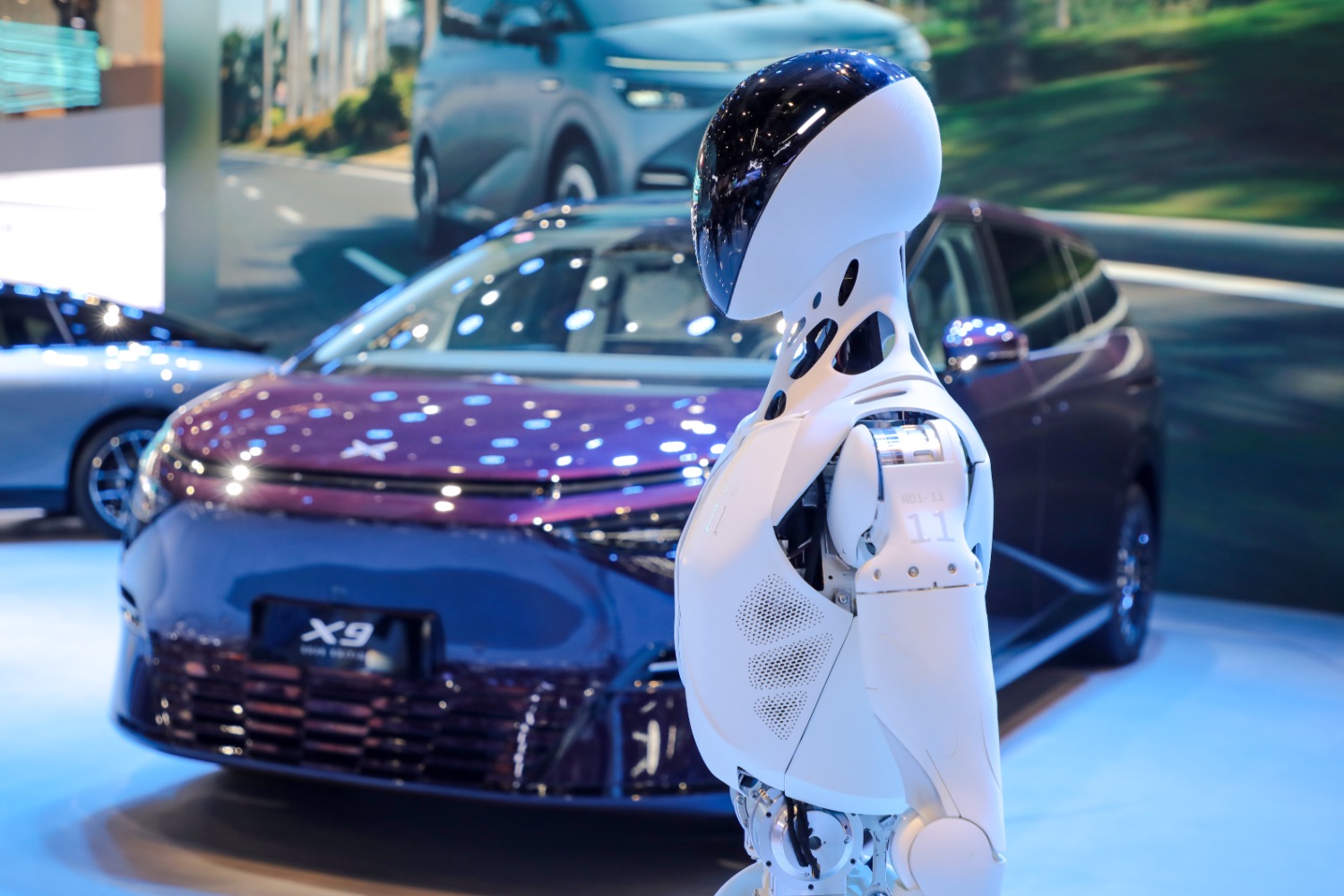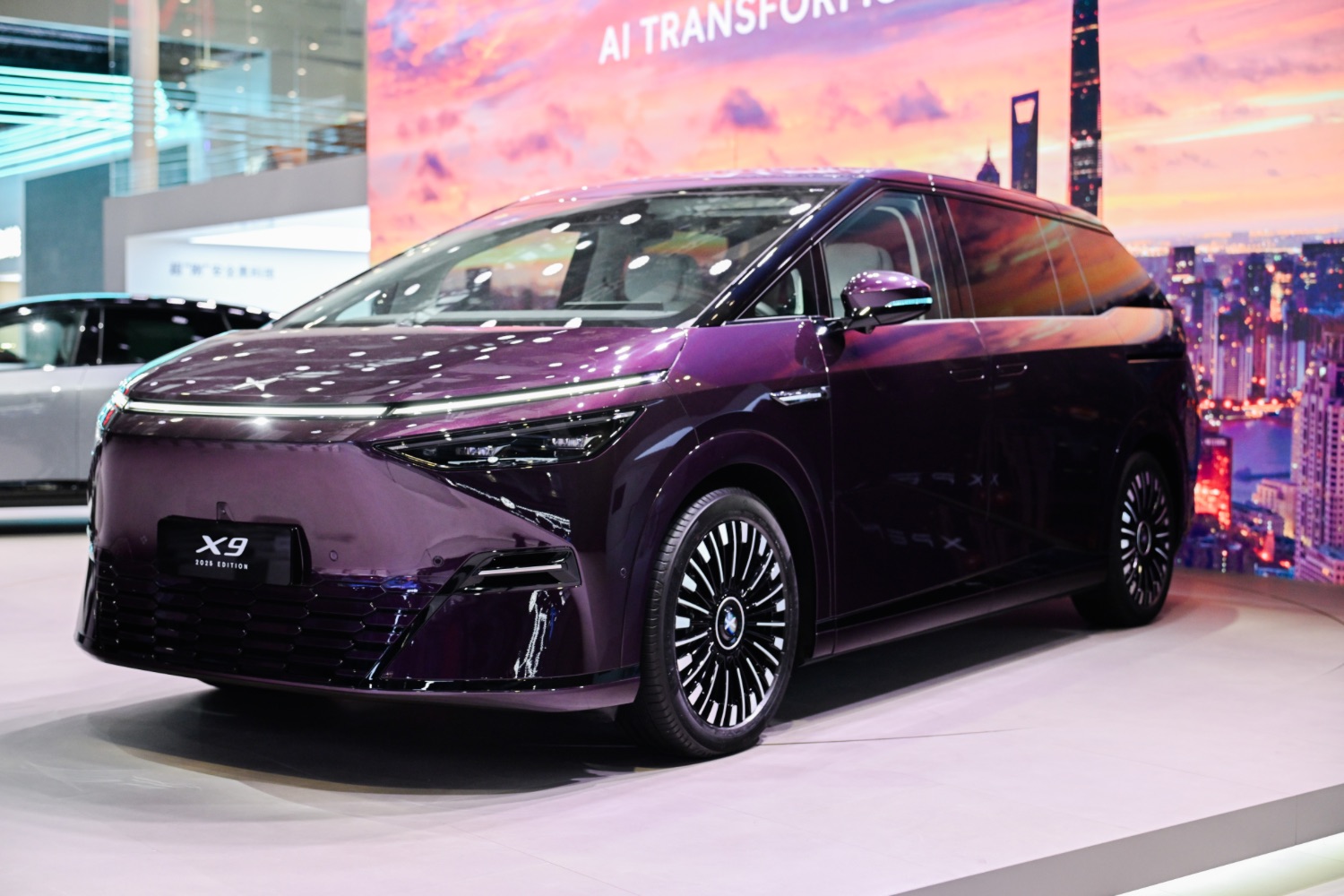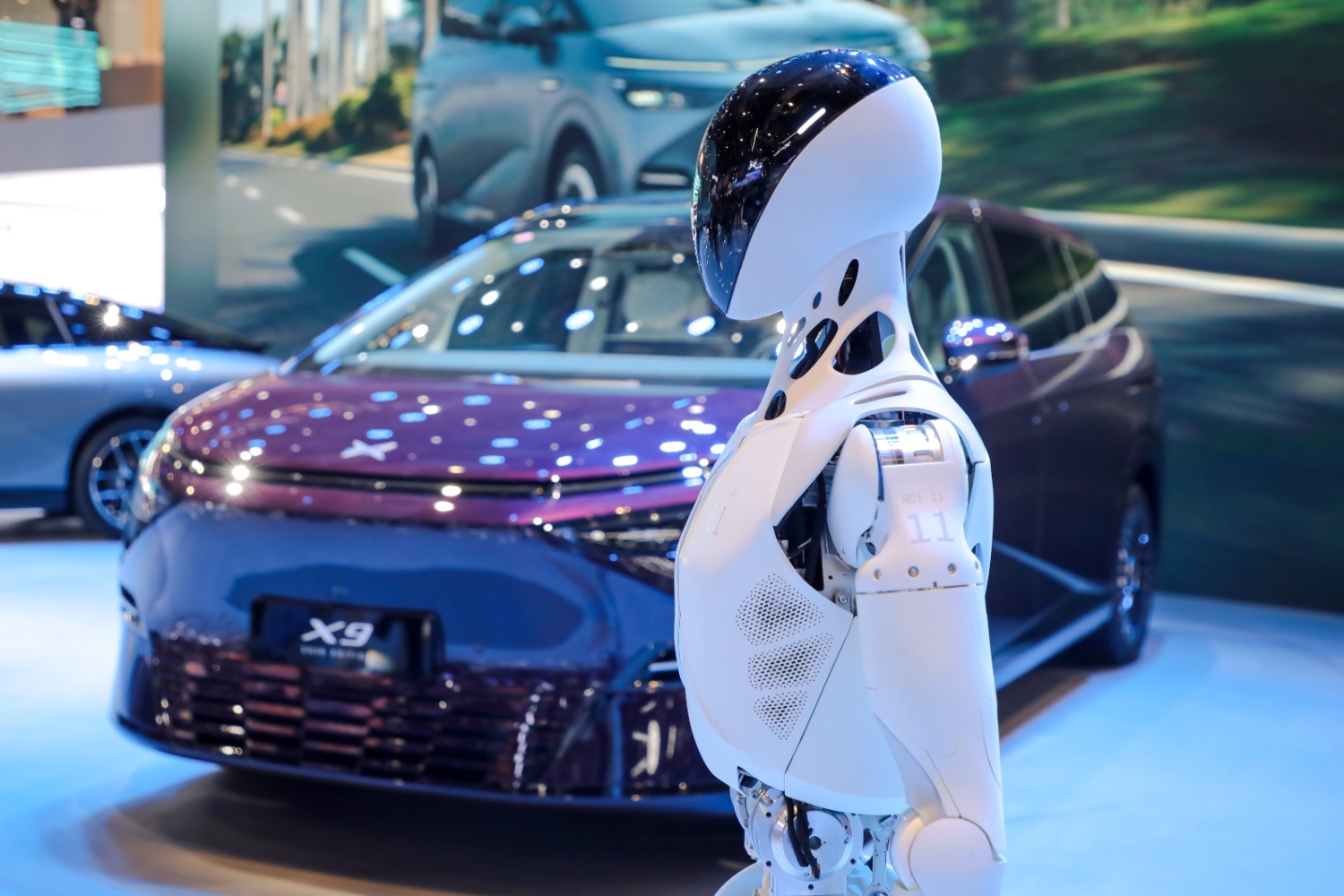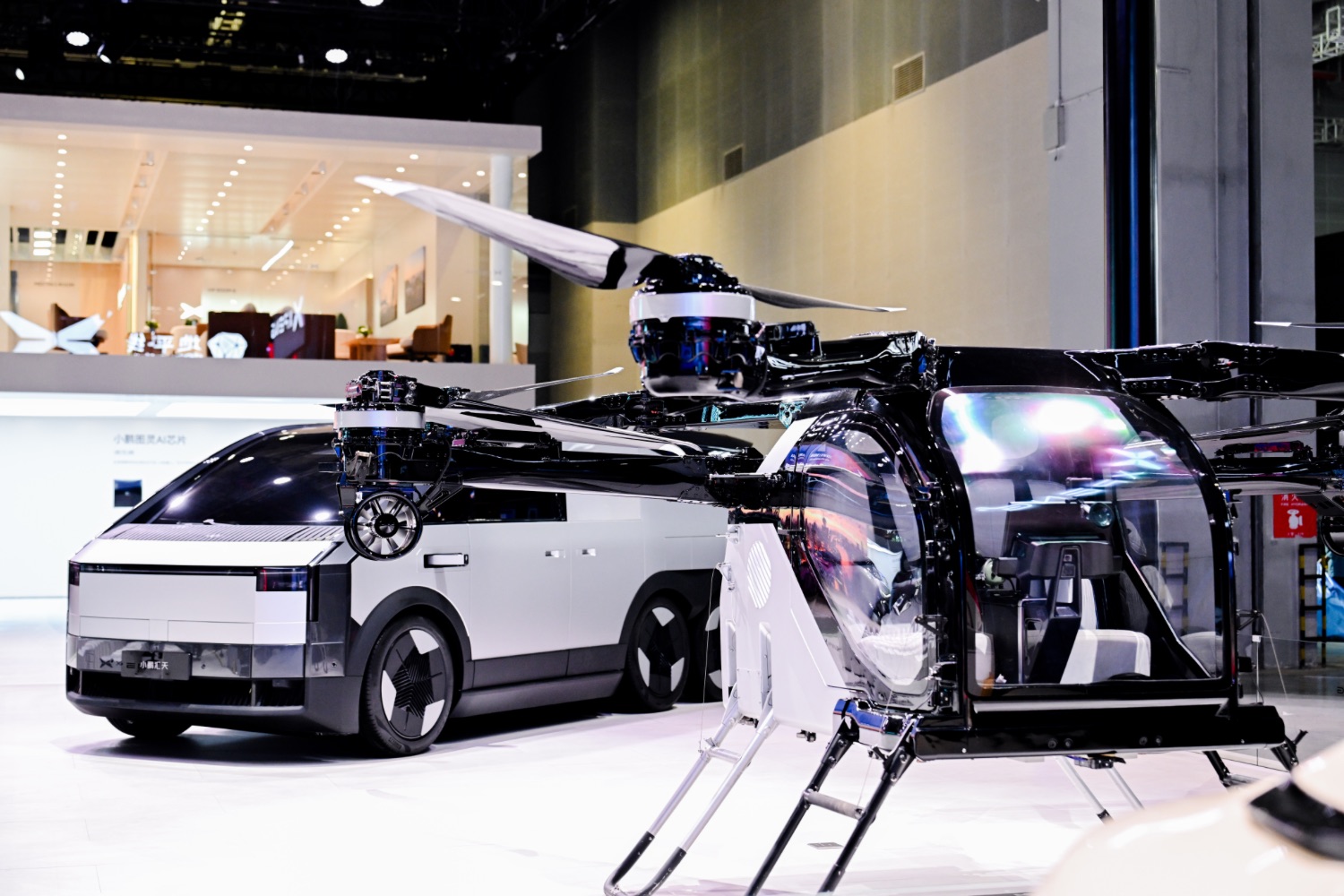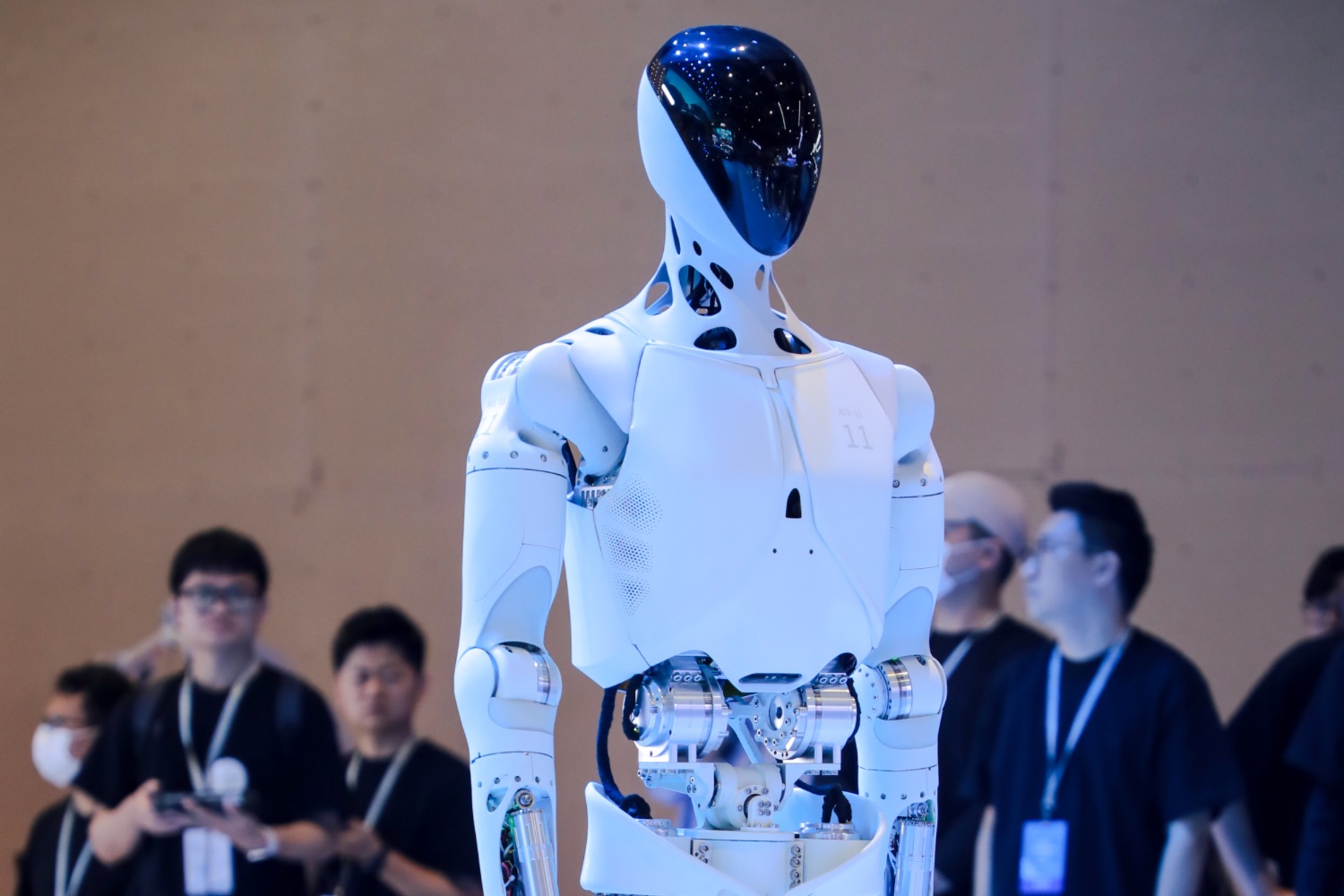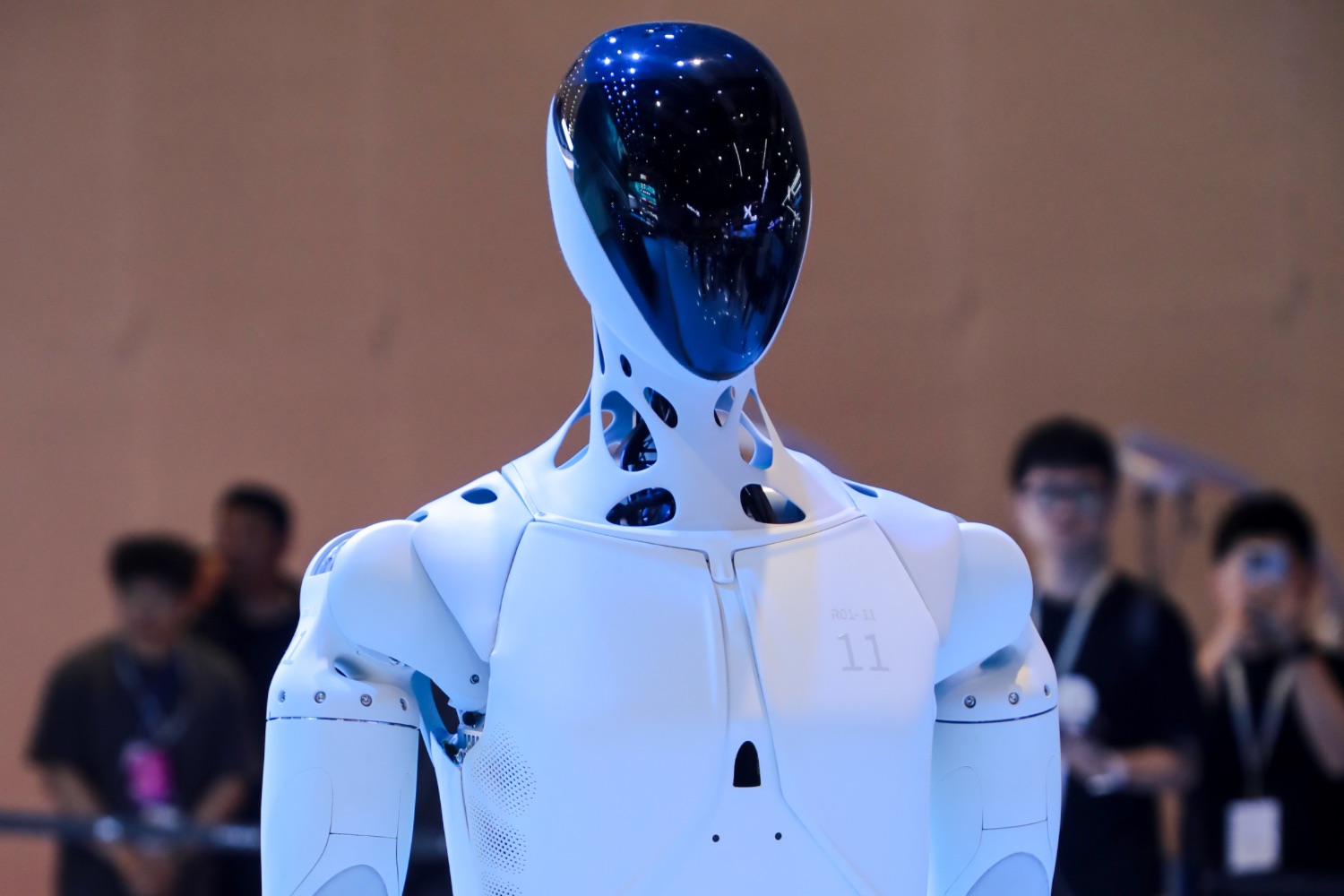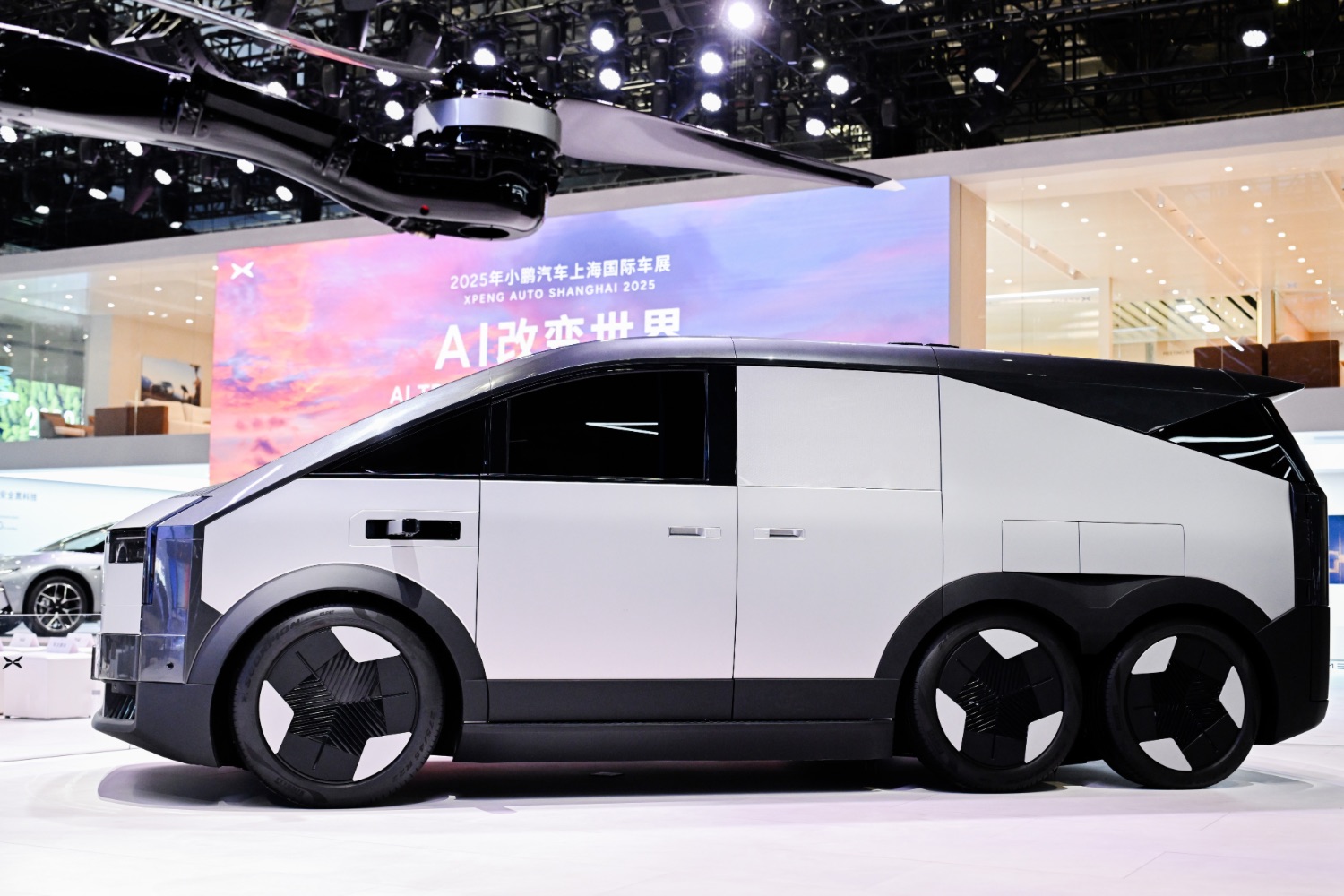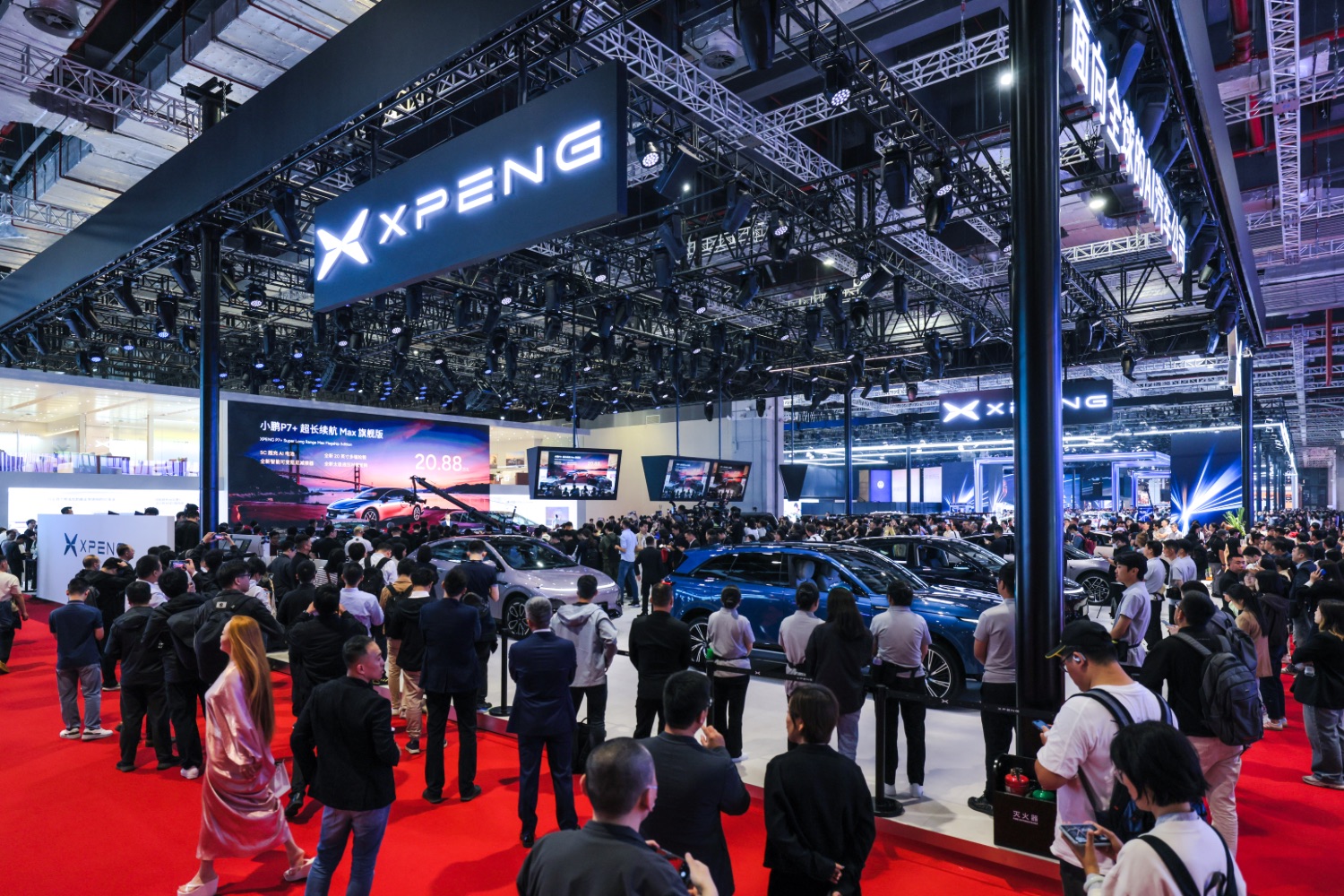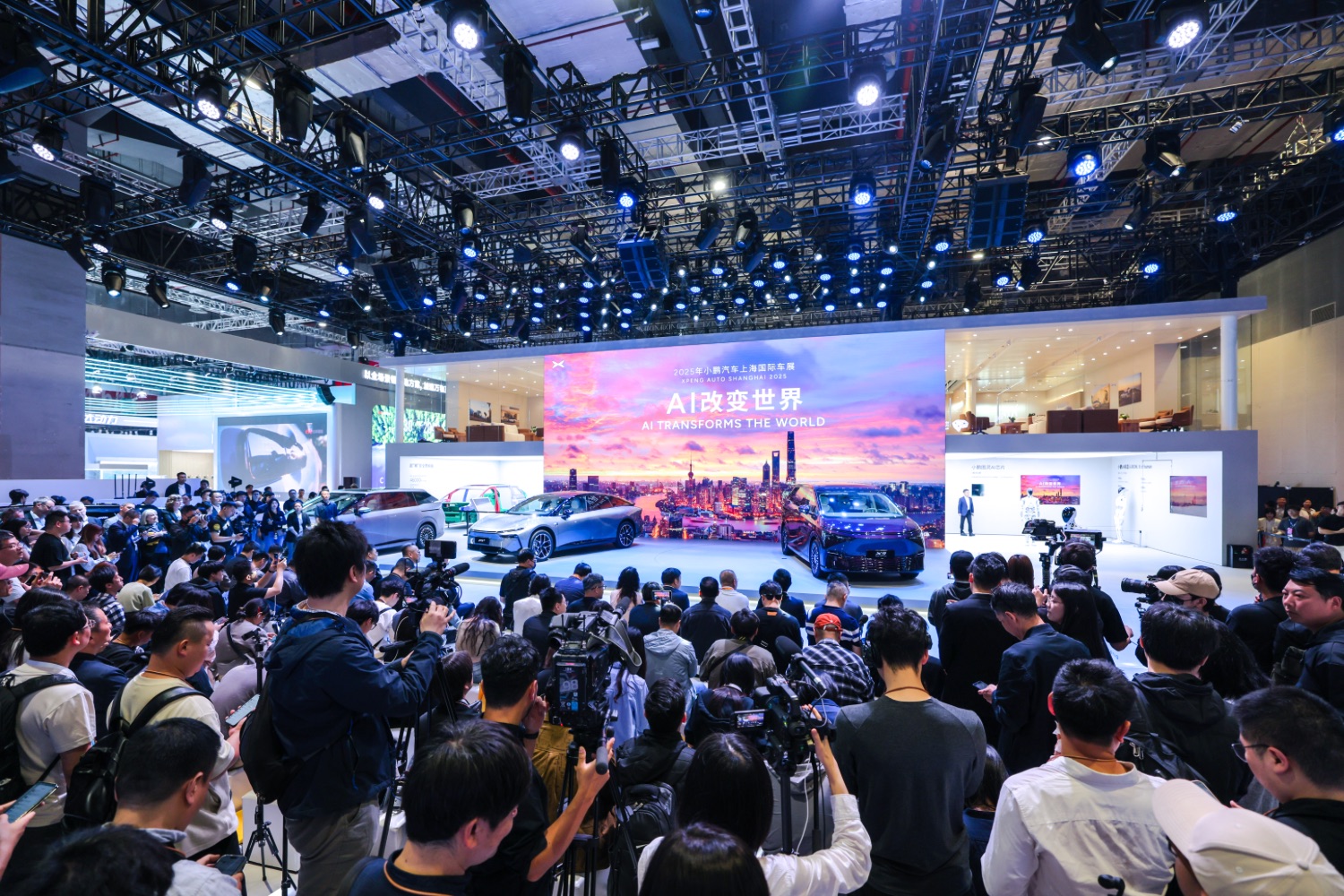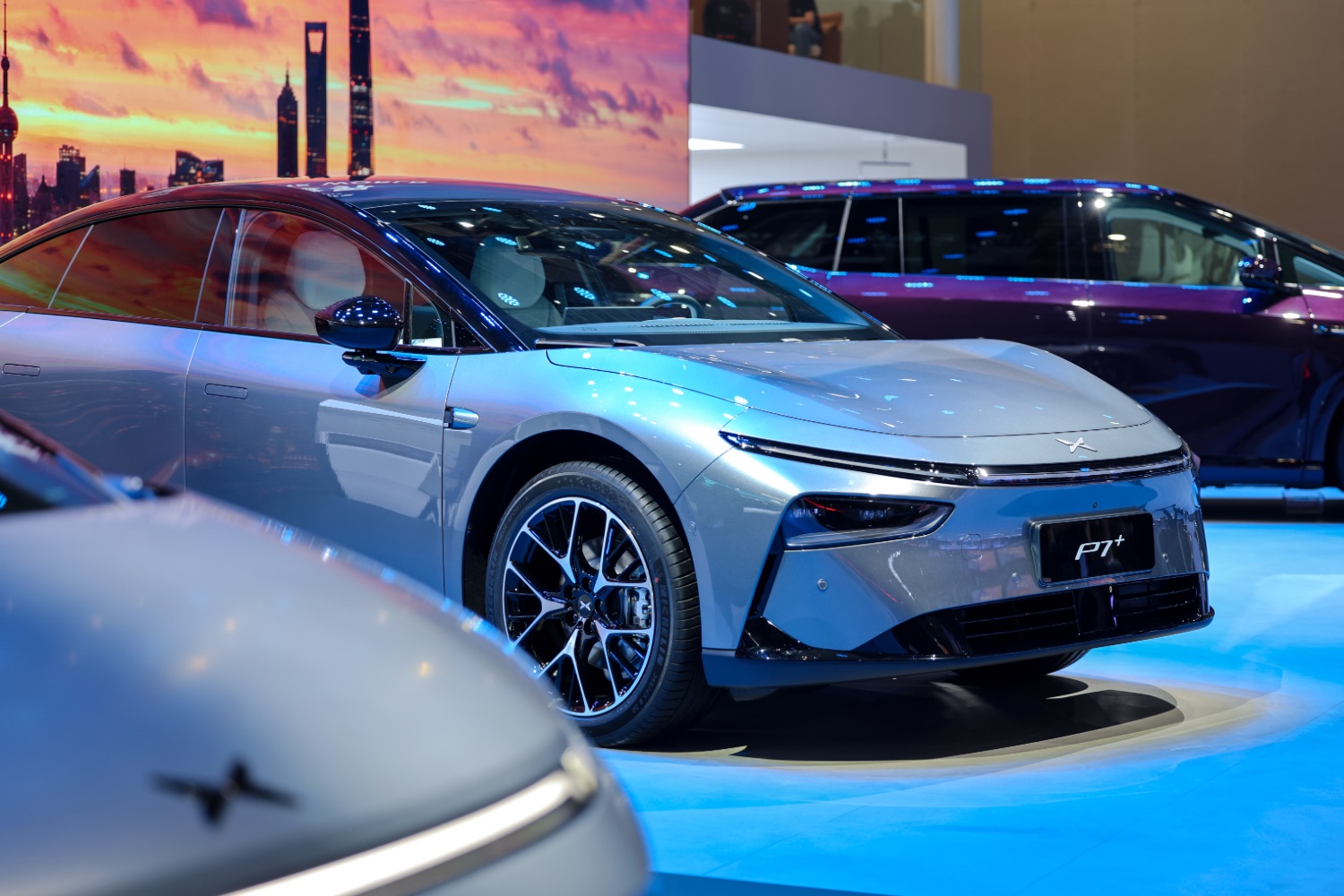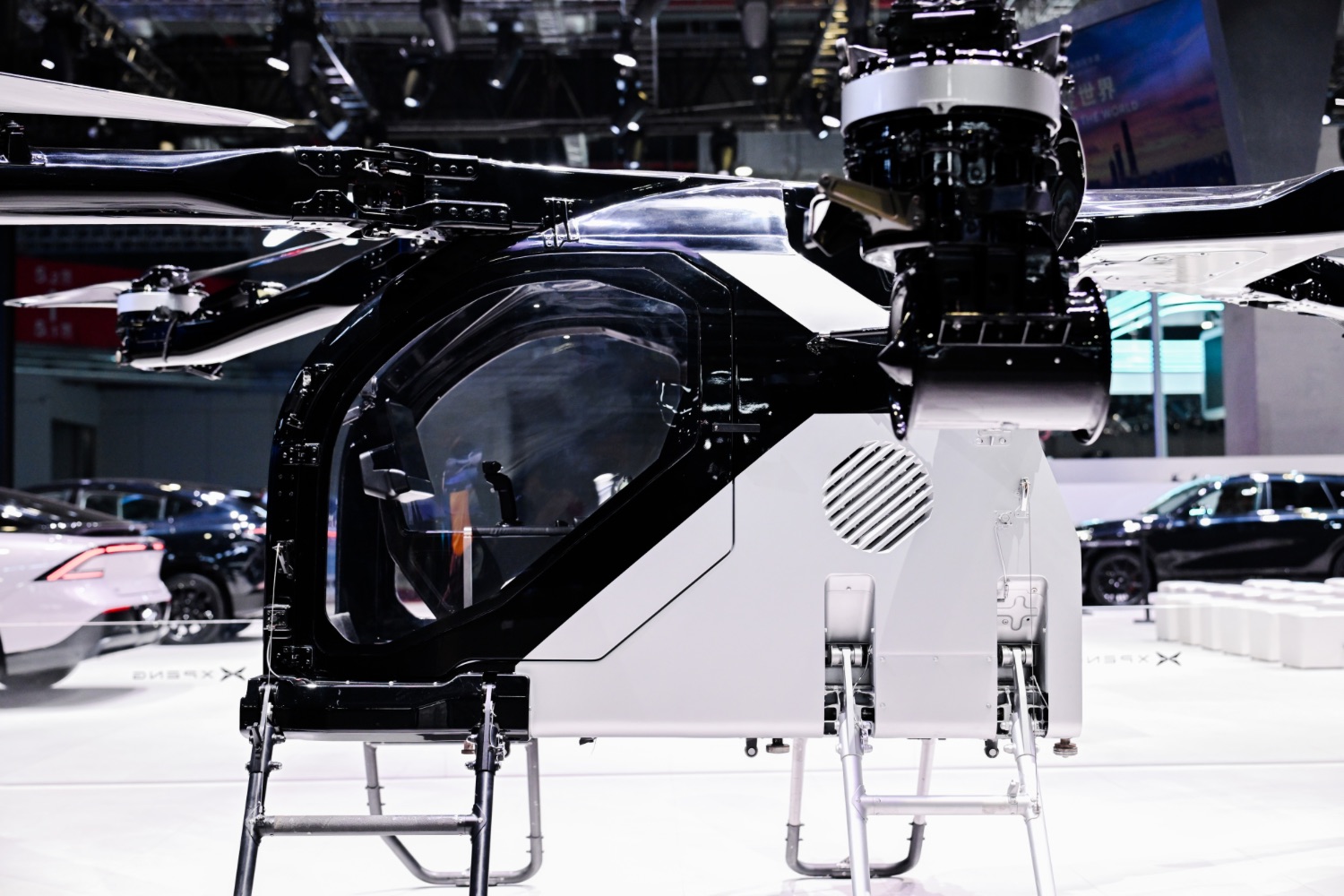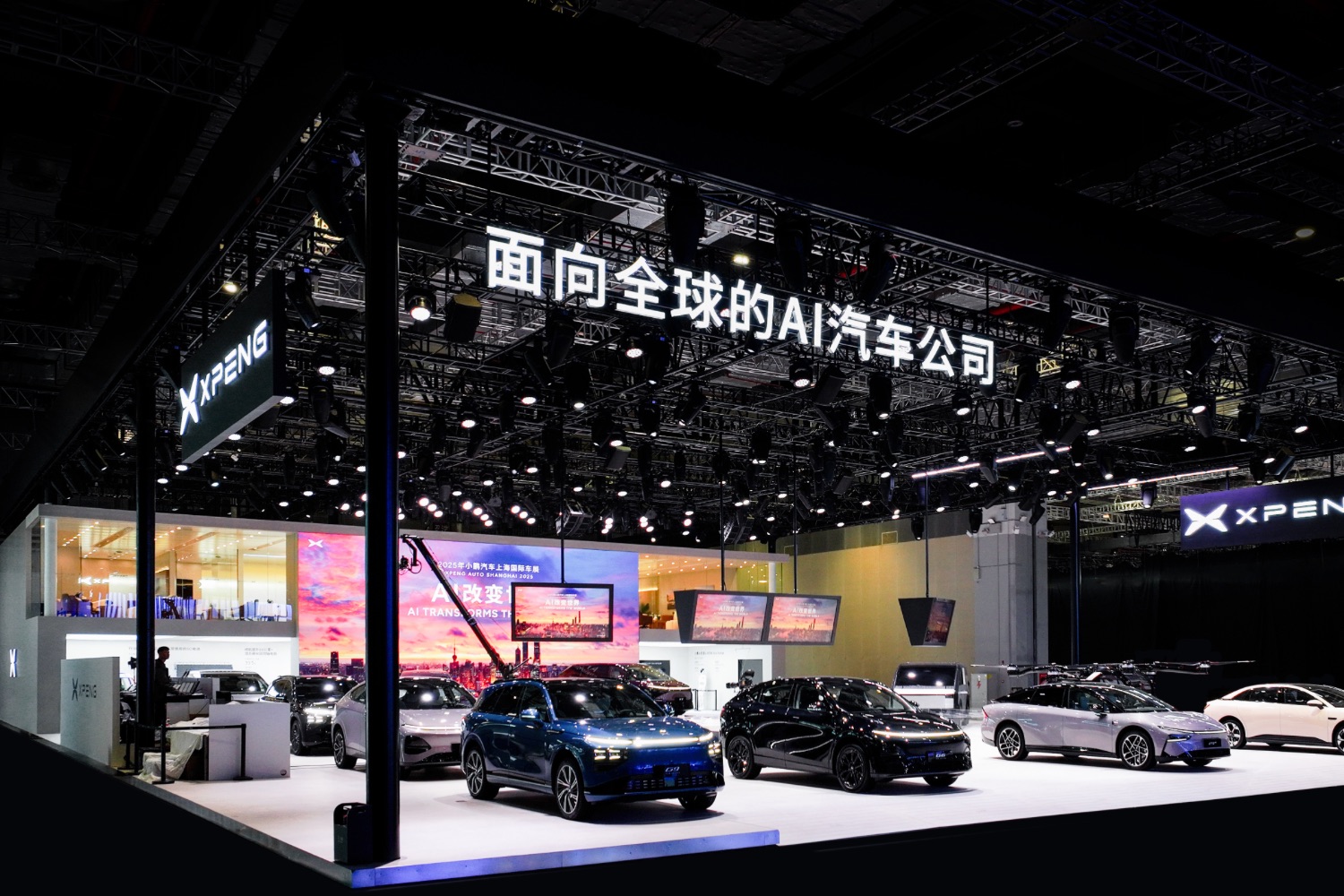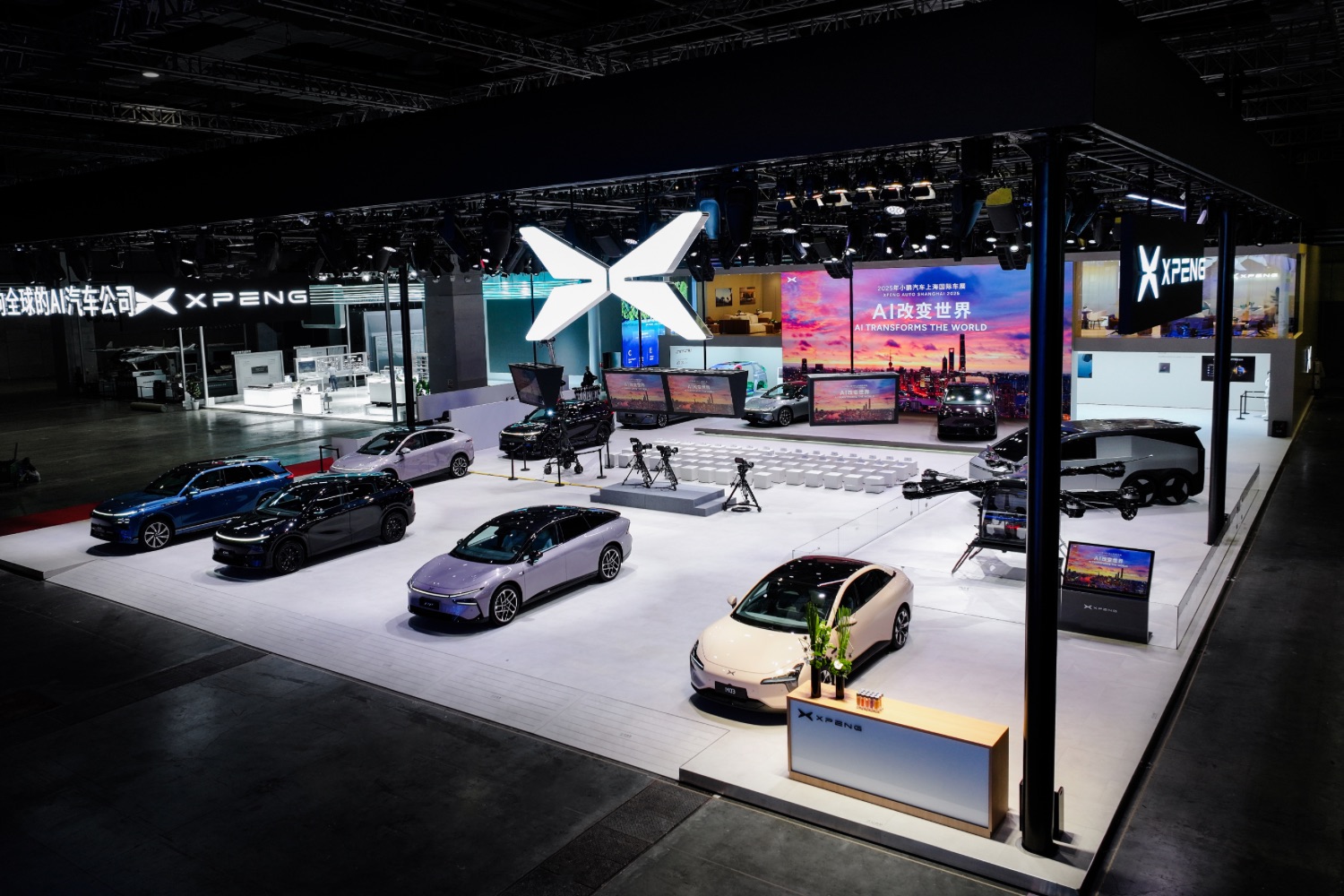Chinese car maker XPeng has revealed its vision for a “mobility revolution” powered by artificial intelligence (AI) at the Shanghai Auto Show this week. Combining the brand's latest-generation AI technology with battery tech and vehicle design, the plan has been heralded by the brand's CEO as “fundamentally redefining what an automotive company can be.”
What does this AI mobility revolution entail?
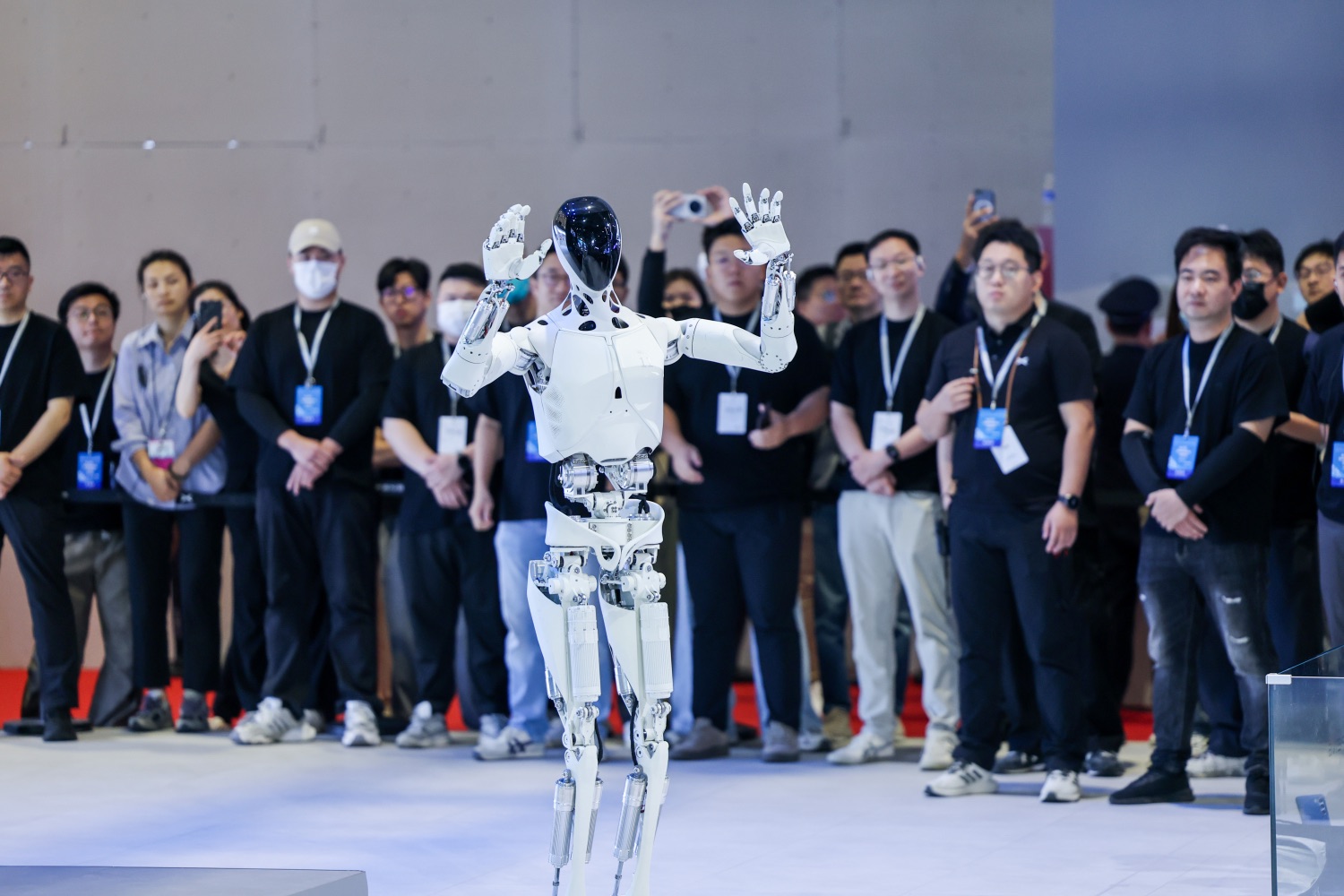
The whole plan is based on XPeng's new World Foundation Model, which it describes as an “AI brain.” With 35 times the parameters of conventional vision-language-action (VLA) AI systems, it can apparently “self-optimise” and adapt to unfamiliar scenarios, whether that's in a car, a robot or an aircraft.
And XPeng is clearly working across all those applications, showcasing a personal mobility rotorcraft, a humanoid robot and various other vehicles at the Shanghai show.
Science-fiction or science fact?
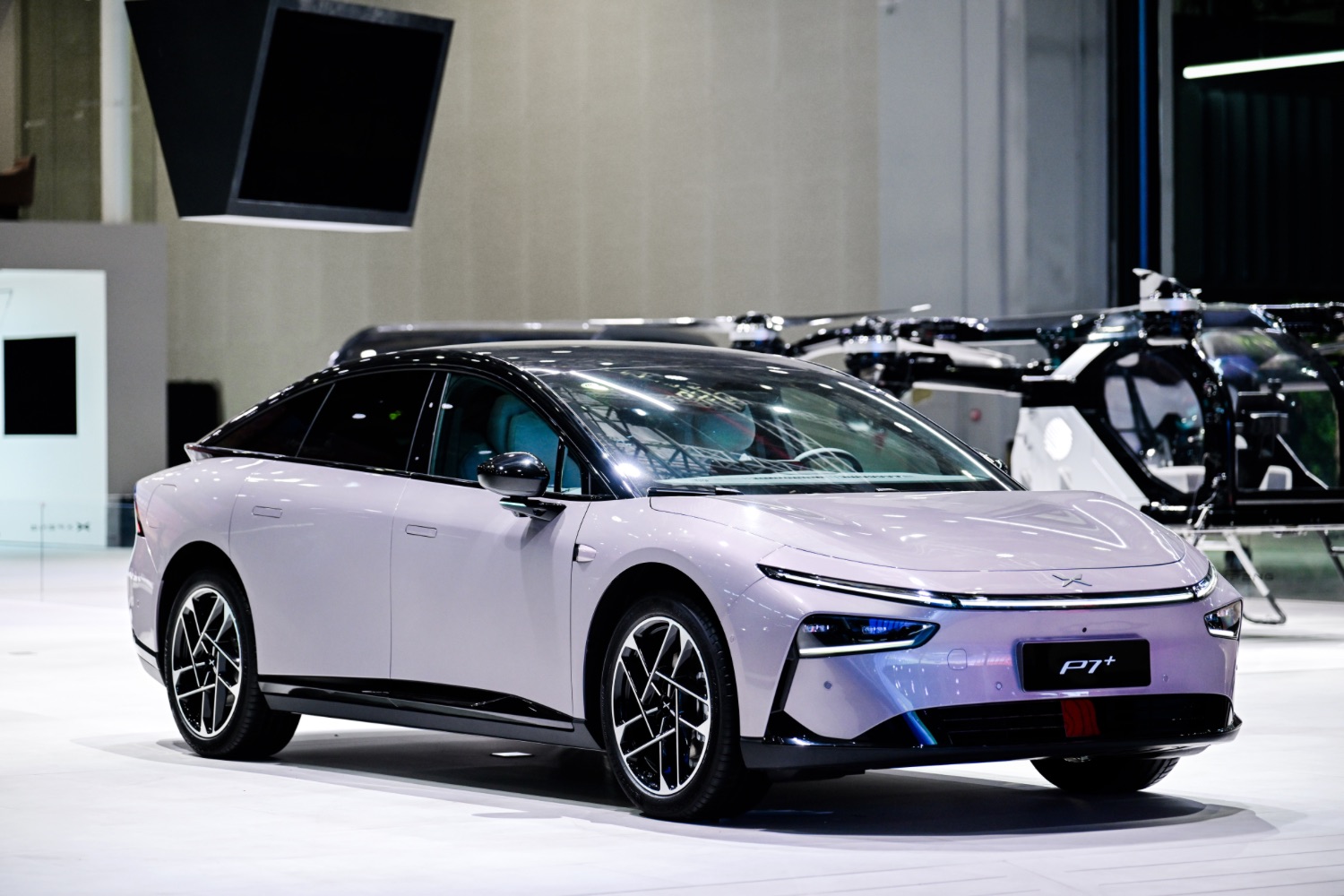
XPeng's more fanciful technology, such as the Iron humanoid robots, seems to be more of a technical tour de force, rather than a practical system, but it's impressive nonetheless. Standing 178cm tall - roughly the height of an average man - the system can engage in natural conversation thanks to its AI technology, and it can move smoothly and manipulate objects with dexterity. But even XPeng admits the robots were there to draw attention to the brand's stand and underscore the brand's ability to use its technology outside the automotive sphere.
But while the robots might not be a commercial proposition just yet, there are AI systems that will soon be found in XPeng vehicles. At Shanghai, the company put its first “AI-defined” car - the P7+ - in the spotlight, introducing the new and snappily named Super Long Range Max Flagship Edition, which uses XPeng's AI battery technology.
By integrating artificial intelligence into the 5C Supercharging AI Battery, the system allows the car to add 420km of range with 10 minutes of charging, while managing energy efficiency of 12.7kWh/100km. And although those numbers appear to be achieved on the more lenient Chinese efficiency tests, it's still pretty good going for a big, heavy fastback.
Were there any other more conventional cars on display?
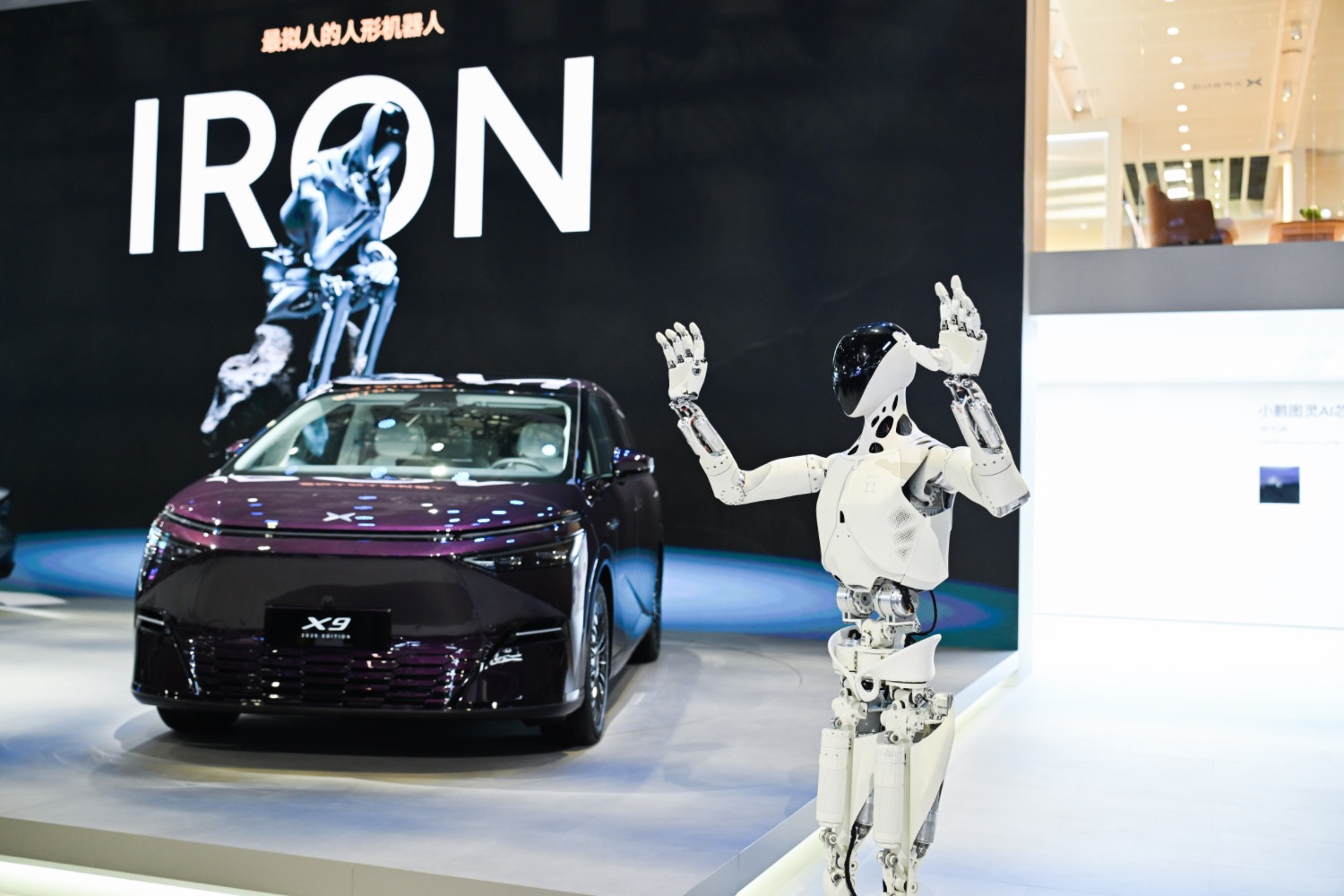
Plenty, including the new X9 MPV, of which XPeng seems particularly proud. Updated for 2025, the car apparently has 496 upgrades over its predecessor, including “walk-through zero-gravity seats” and standard “high-level autonomous driving” capabilities. According to XPeng, more than 6,000 firm orders were taken for the vehicle worldwide within just seven days of its launch, which is apparently a record for pure-electric MPVs.
Such figures are a symbol of XPeng's exponential growth worldwide, with more than 94,000 cars delivered globally in the first quarter of this year, and more than 7,500 of those heading overseas - an increase of 370 per cent year on year.
Speaking at the show, He Xiaopeng, the chairman and CEO of XPeng, said: "Today marks a strategic evolution for XPeng - we're not merely launching products, but fundamentally redefining what an automotive company can be. Through our AI Tech Tree, we're building an integrated ecosystem where breakthrough innovations like our 5C Supercharging AI battery, Turing AI chip, and IRON robotics converge to create intelligent mobility solutions that learn, adapt, and transform transportation experiences."

